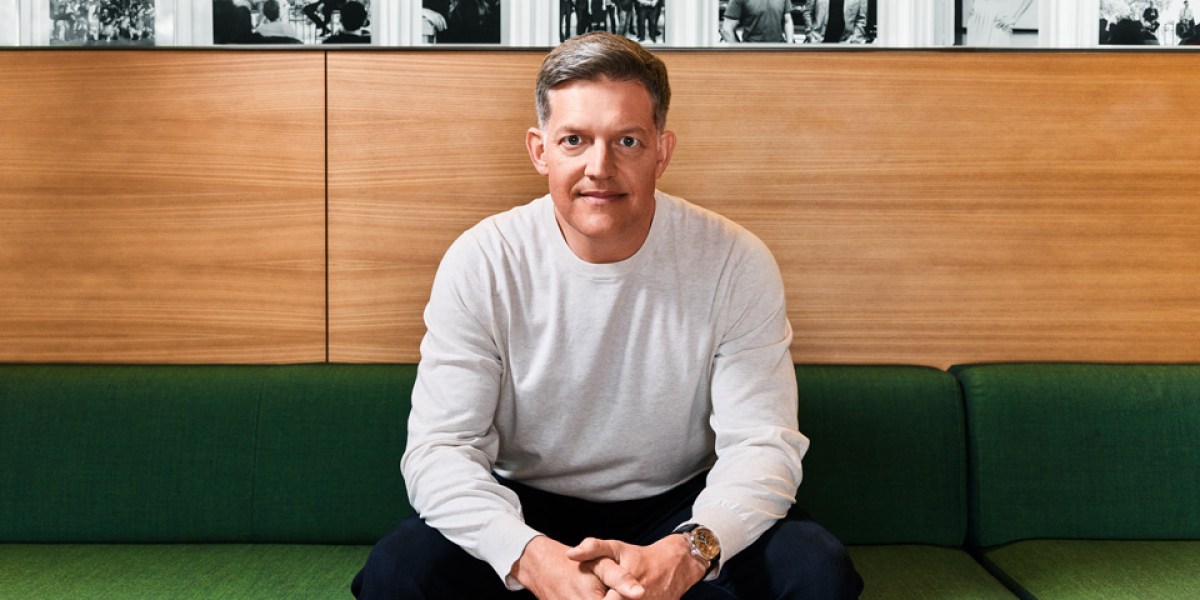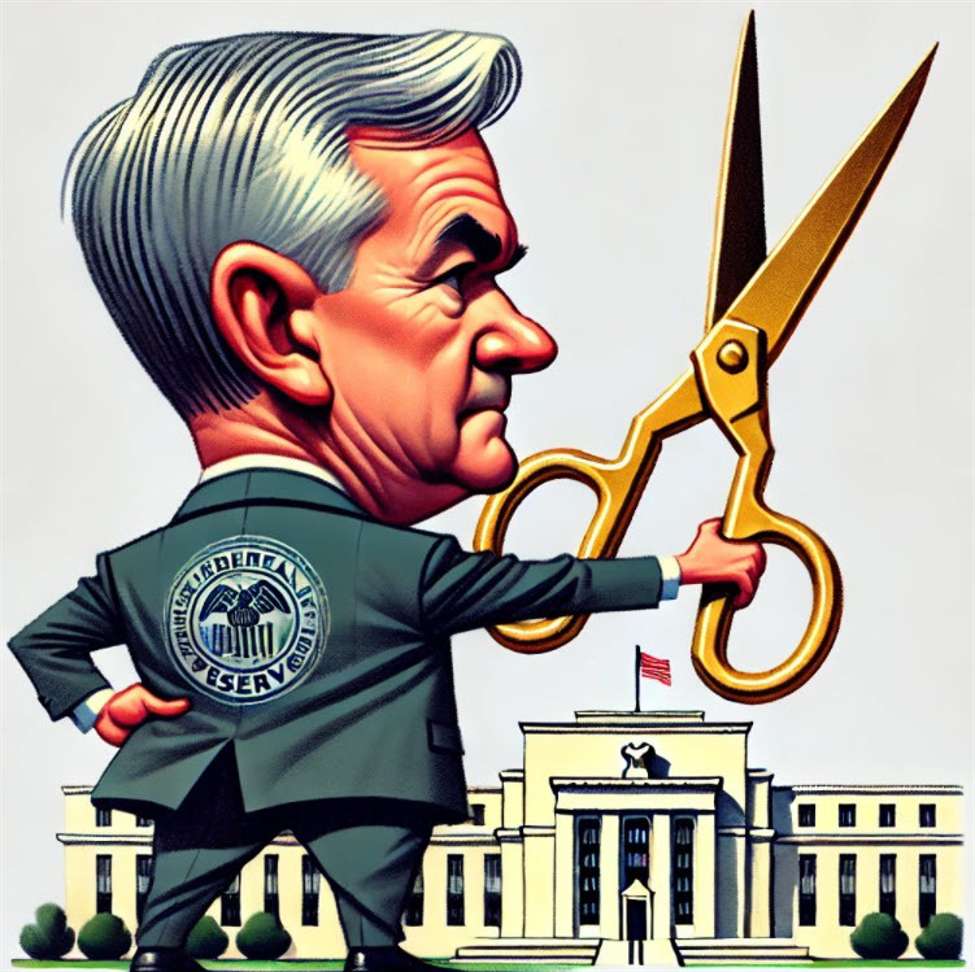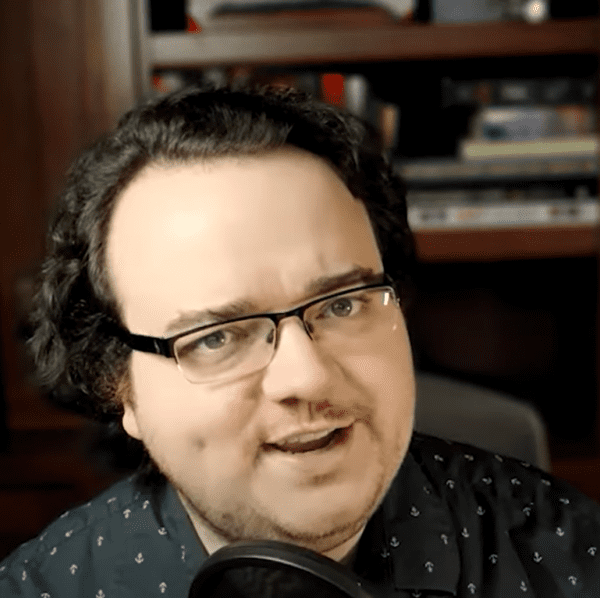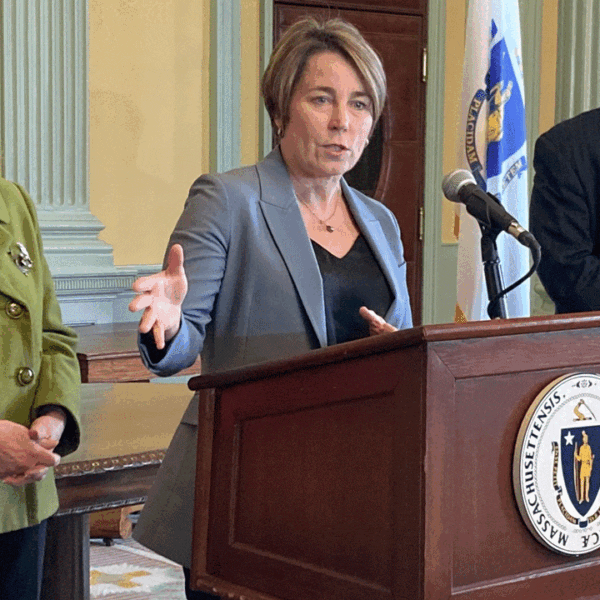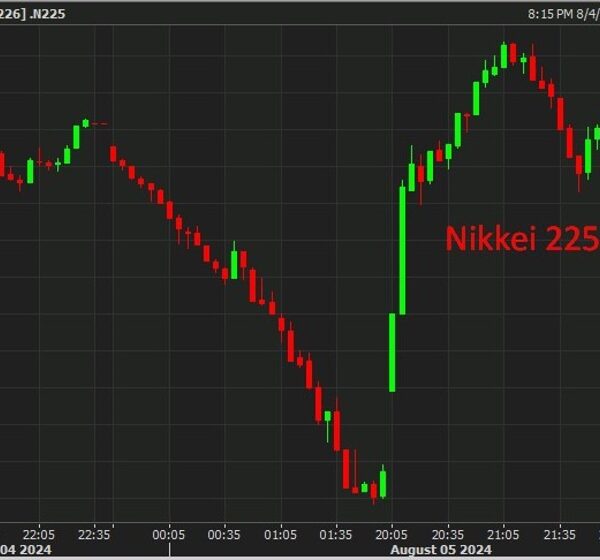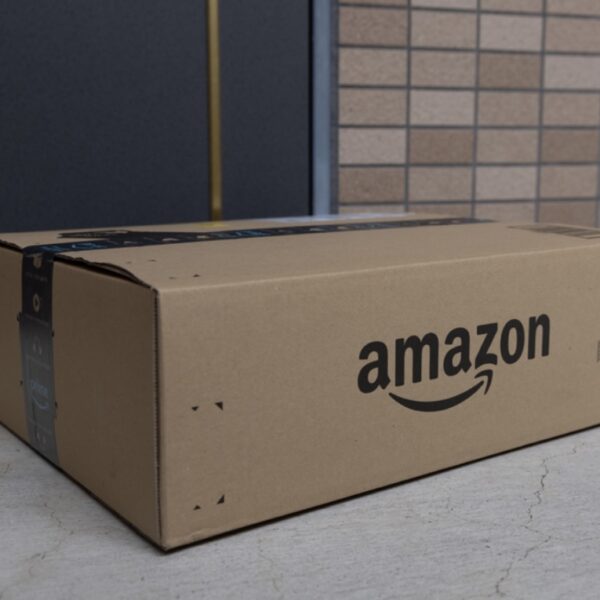

I’ve only been in the same room as Sequoia Capital’s Roelof Botha twice, but each time he’s struck me as very upright, and even proper. The sort of person I can’t imagine being harried, frantic, or disheveled.
So, it’s hard for me to imagine what Botha—who became Sequoia’s senior steward in 2022—must have been like playing rugby in his twenties. Then again, in my limited understanding of rugby, it’s a sport notable both for its brutality and the oddly elegant steeliness (and order) it demands. (Oscar Wilde’s famous bit about this: “Rugby is a game for barbarians played by gentlemen. Football is a game for gentlemen played by barbarians.”)
But through that lens, Botha’s love for rugby starts to make good sense. Fortune’s latest cover story by Michal Lev-Ram gives readers a view into how Botha is thinking about Sequoia’s future, at a time that’s complex for the firm and tumultuous for venture capital. From 2019 to the middle of this year, Sequoia has paid out $43 billion in distributions to its investor base (it’s unclear how much of this links to the 2021 venture boom that’s since cycled into a bust). Today, VC is in the midst of a well-documented LP crunch, as 2021 valuations come back to haunt the industry at large. And Sequoia has its own frictions: The firm is tied up in some of Elon Musk’s businesses, like Twitter (now X) and xAI. (Sequoia is also invested in OpenAI.) The firm spun off its China arm last year, addressed the implosion of portfolio company FTX the year before, and described 2022 as a “crucible moment” in a memo.
Amid all this, Botha has taken steps to move Sequoia away from the traditional venture model, as Lev-Ram writes:
One of the ways Botha has tried to reinvent Sequoia is by departing from the traditional 10-year cycle of VC funds. Such funds usually reap their returns through startup “exits”—IPOs or acquisitions. But they often miss out on the enormous value that can be created after a company goes public. What’s more, funds’ 10-year timelines can induce angst when exits slow down due to short-term market downturns or crackdowns on M&A activity.
That’s why, in February 2022, Sequoia launched the Sequoia Capital Fund, an “open-ended liquid portfolio” whose holdings include post-IPO equity in portfolio companies, along with allocations in more traditional funds. The firm is going all in, reorganizing itself around this new structure. Botha’s timing was unlucky, as tech stocks tanked that year. But in some ways, that was the point: The strategy is meant to help Sequoia capitalize on investments over the long term, whether the market is up or down.
Botha doesn’t play rugby anymore. But in a moment of skittishness across venture capital, Botha and Sequoia will be well-served by the structured toughness he gleaned from the sport.
The story covers Botha’s rugby past, Sequoia’s future, and much more. This weekend, read the whole story here.
See you Monday,
Allie Garfinkle
Twitter: @agarfinks
Email: [email protected]
Submit a deal for the Term Sheet newsletter here.
Joe Abrams curated the deals section of today’s newsletter.
VENTURE DEALS
– Headway, a New York City-based platform designed to connect users with mental health care, raised $100 million in Series D funding. Spark Capital led the round and was joined by existing investors Thrive Capital, Accel, and a16z.
– Gcore, a Luxembourg-based AI, cloud, network, and security solutions provider, raised $60 million in Series A funding. Wargaming led the round and was joined by Constructor Capital and Han River Partners.
– Level AI, a Mountain View, Calif.-based developer of AI applications for contact centers, raised $39.4 million in Series C funding. Adams Street Partners led the round and was joined by Cross Creek, Brightloop, and others.
– NPC Labs, a New York City-based gaming platform based on the Base ecosystem, raised $18 million in seed funding. Pantera Capital led the round and was joined by Makers Fund, Hashed, Collab+Currency, Sfermion, Mirana Ventures, and others.
– Revi, a San Francisco-based developer of an AI-powered app designed to increase customer engagement with restaurants, raised $14.5 million in Series A funding. Runa Capital led the round and was joined by Volition Capital, Precursor Ventures, and others.
– W, a Miami, Fla.-based men’s personal care brand, raised $14 million in funding from Anti Fund, Range Group, 305 Ventures, Uphonest Capital, Quiet Capital, and others.
– deepc, a Munich, Germany-based AI platform for radiology, raised $13 million in a Series A extension. Sofinnova Partners and Bertelsmann Investments led the round and were joined by KHP Ventures, SwissHealth Ventures, and existing investor Winning Mindset Ventures.
– Star Catcher Industries, a Jacksonville, Fla.-based developer of orbital energy infrastructure for satellites, raised $12.3 million in seed funding. Initialized Capital and B Capital led the round and were joined by Rogue VC.
– rift, a San Francisco-based sales management and automation platform, raised $5 million in seed funding. Sequoia Capital led the round and was joined by Y Combinator, Soma Capital, and angel investors.
– TeachMe.To, a San Diego, Calif.-based platform for booking local in-person lessons, raised $5 million in seed funding. Bling Capital led the round and was joined by Marketplace Capital, 20Growth, Gokul Rajaram, and others.
– ShiftRx, an Austin, Texas-based healthcare staffing platform, raised $3.5 million in seed funding. Work-Bench led the round and was joined by Inflect Health, Tau, and Opal Ventures.
– Jarvis, a London, U.K.-based app designed for retirement planning, raised £1.8 million ($2.3 million) in seed funding. Ascension VC and Cornerstone VC led the round and were joined by Tokio Marine Future Fund.
PRIVATE EQUITY
– KKR agreed to take Instructure (NYSE: INST), a Salt Lake City, Utah.-based education technology provider, private for approximately $4.8 billion.
– American Industrial Partners agreed to acquire the grain and protein business of AGCO Corporation, a Duluth, G.A.-based agricultural machinery and technology company, for $700 million.
– Accel-KKR acquired a majority stake in INX Software, a Perth, Australia-based provider of compliance, workforce management, training, and reporting software. Financial terms were not disclosed.
– FreshEdge, backed by Wind Point Partners, acquired Frontier Produce, a Tulsa and Oklahoma City, Oklahoma-based fruits and vegetables distributor. Financial terms were not disclosed.
– One Equity Partners agreed to acquire a majority stake in Comau, a Grugliasco, Italy-based developer of industrial automation and robotics. Financial terms were not disclosed.
– TSG Consumer Partners acquired a majority stake in Summer Fridays, a Los Angeles, Calif.-based skincare and hybrid makeup brand. Financial terms were not disclosed.
EXITS
– AEA Investors acquired Nations Roof, a Mobile, Alabama-based commercial roofing company, from Acacia Partners. Financial terms were not disclosed.
– KKR acquired Marmic Fire & Safety, a Joplin, Mo.-based inspector and provider of maintenance services for fire protection equipment, from HGGC. Financial terms were nor disclosed.
– TDL Gentek acquired Microcel, a Newmarket, Ontario-based provider of distribution, warehouse, and sales services, from Atar Capital. Financial terms were not disclosed.
OTHER
– Agilent Technologies (NYSE: A) acquired BIOVECTRA, a Charlottetown, Canada-based contract development and manufacturing organization, for $925 million.
– Bone Health Technologies acquired Wellen, a Brooklyn, N.Y.-based developer of exercise programs for women with osteopenia & osteoporosis. Financial terms were not disclosed.
– Lucid Bots acquired Avianna, a Lisle, IL.-based provider of AI technology designed to help robots act autonomously. Financial terms were not disclosed.
IPOS
– Concentra, an Addison, Texas-based provider of occupational health services, raised $529 million in an offering of 22.5 million shares priced at $23.50 on the New York Stock Exchange. The company posted $1.8 billion in revenue for the year ending March 31, 2024.
PEOPLE
– Angeles Equity Partners, a Los Angeles, Calif.-based private equity firm, hired Peter Kurto as an operating partner. Formerly, he was with Monomoy Capital Partners.

